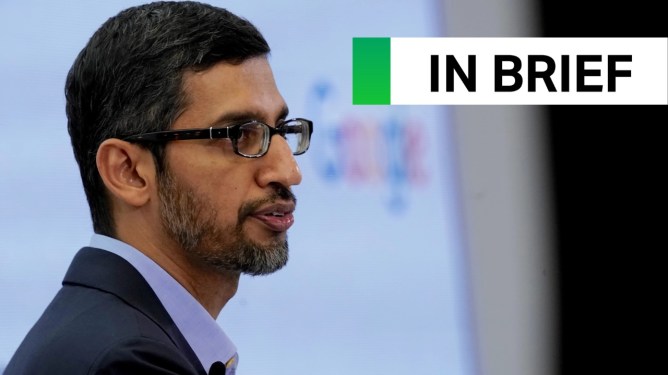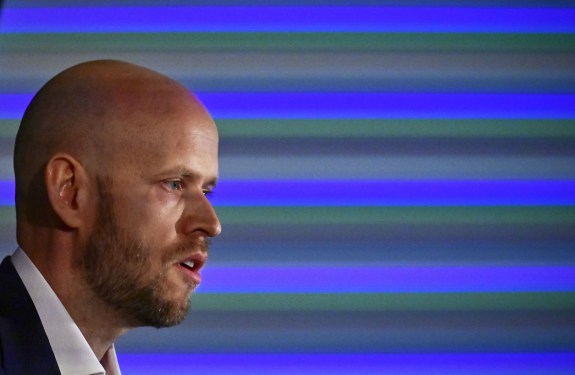The Transformative Power of AI: Google CEO Sundar Pichai’s Vision for a Sustainable Future
A New Era of Innovation and Opportunity
At the recent UN Summit of the Future, Google CEO Sundar Pichai delivered a thought-provoking speech on the transformative potential of Artificial Intelligence (AI). With his characteristic optimism and vision for a better future, Pichai painted a picture of a world where AI is harnessed to drive sustainable development, economic progress, and social equity. In this article, we will delve into the key points made by Pichai, explore the opportunities and challenges associated with AI, and examine the initiatives announced by Google to address these issues.
The Four Broad Opportunities for AI
Pichai identified four broad areas where AI can have a significant impact on sustainable development:
- Access to Information: AI has the potential to enable people around the world to access information in their native language, bridging the language gap and promoting cultural understanding.
- Accelerating Scientific Discovery: AI can accelerate scientific research and discovery by analyzing vast amounts of data, identifying patterns, and making predictions that would be impossible for humans to achieve on their own.
- Climate Disasters: Alerts and Tracking: AI-powered systems can detect early warnings of climate-related disasters, such as floods, landslides, or wildfires, enabling prompt evacuations and minimizing damage.
- Fueling Economic Progress: AI can drive economic growth by automating routine tasks, improving productivity, and creating new industries and job opportunities.
The Risks Associated with AI
While Pichai emphasized the transformative potential of AI, he also acknowledged the risks associated with its development and deployment. He highlighted the issue of deepfakes, where AI-generated content can be used to manipulate public opinion or spread misinformation. However, Pichai did not mention another critical area of concern: AI’s impact on the climate.
The Global ‘AI Divide’
Pichai expressed his commitment to avoiding a global "AI divide," where some countries or regions have access to advanced AI technologies while others do not. He noted that an unequal distribution of AI expertise and resources could exacerbate existing social and economic inequalities, limiting the benefits of AI for all.
The $120 Million Global AI Opportunity Fund
To address this challenge, Google is launching a $120 million Global AI Opportunity Fund. This initiative will provide funding and support to local nonprofits and NGOs in developing countries to promote AI education and training. The goal is to make AI education and training available to communities around the world, ensuring that everyone has access to these transformative technologies.
Smart Regulation for an Equitable Future
Pichai also emphasized the need for "smart product regulation" to mitigate the risks associated with AI. He argued that regulations should be designed to prevent harms while resisting national protectionist impulses. Failure to regulate effectively could widen an AI divide and limit its benefits, Pichai warned.
The Way Forward: Collaboration and Innovation
In conclusion, Sundar Pichai’s vision for a sustainable future powered by AI is both inspiring and challenging. As the world grapples with the opportunities and risks associated with AI, it is essential that we work together to create an equitable and inclusive environment where everyone can benefit from these transformative technologies.






